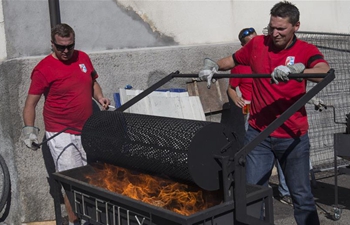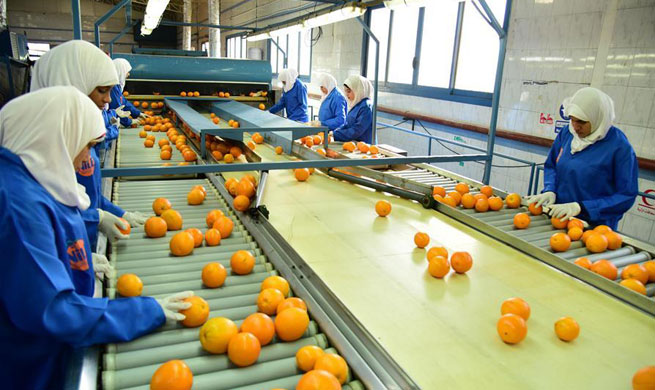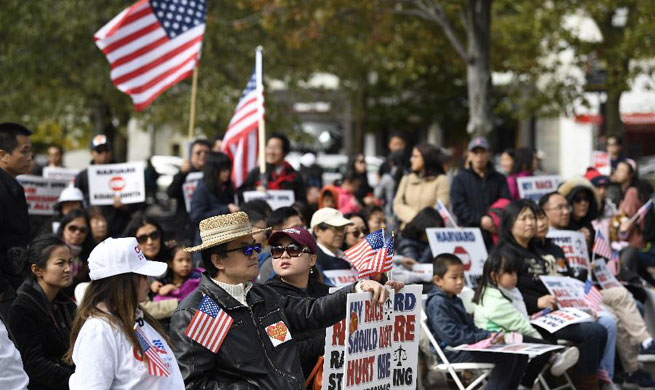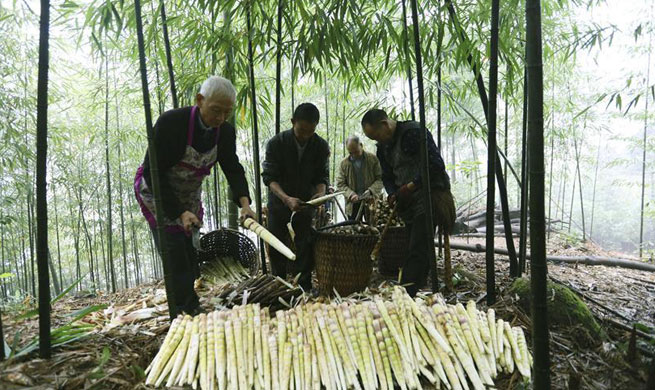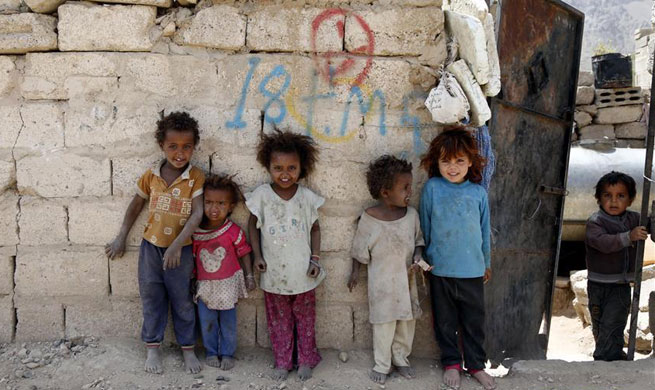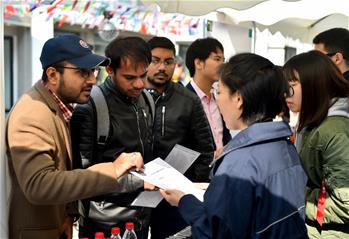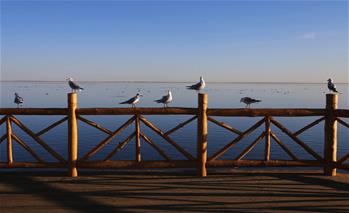by Duncan Murray
SYDNEY, Oct. 15 (Xinhua) -- As Australia's broad migrant population gets older, language and cultural barriers are making it difficult for many to access essential support and services to help them navigate the challenges of later life.
According to a report by the Australian Institute of Health and Welfare, in 2016, one in three people aged 65 years or over were born overseas and the majority of those were from a non-English speaking country.
The report also stated that "many overseas-born Australians face substantial barriers in accessing and engaging with the essential supports and services that contribute to good outcomes."
In response to this growing issue, government and community groups are investing in solutions to meet the specific needs of the older Australians who originate from around the globe.
Terrie Leoleos from the Ethnic Communities Council of New South Wales (NSW) runs the national "Speak my Language" program which is aimed at providing support for elderly Australians who are facing language and cultural barriers during their ageing process.
"There's a number of different challenges, and I think each ethnic community group and each individual within those groups experiences different challenges as well, so the complexity of delivering to a community that speaks a language other than English is quite significant," Leoleos told Xinhua on Monday.
"The way in which aged care is delivered at the moment is a little bit complex even for your average person, so for them to try and break that down and then have the language complexity on top of it, it just makes aged care incredibly overwhelming, very frightening, and they're not sure what they're heading into."
To address the problem, which is likely to increase with the proportion of overseas born elderly people in society, ethnic-specific facilities are being built to make residents feel more at home and comfortable with the changes they are faced with.
Recently, plans were approved for a Chinese specific aged care facility in Australia's soon-to-be largest city, Melbourne, catering for the unique needs of that community, with the Victorian State branch of the Chinese Community Council of Australia (CCCA) being named as developer and operator.
"Currently there are only 198 Chinese specific beds available in Melbourne through three facilities," CCCA executive board member Eric Jiang told Xinhua.
"With a growing Chinese Australian population, this new facility is much needed."
Language will be a large part of the facility's draw, the expectation being that the majority of staff will be from a Chinese background.
According to Jiang, the facility will also offer a diverse Chinese menu and activities such as kite-making and flying, calligraphy, Chinese opera, shadow puppetry, silk painting, tea ceremonies, tai chi, qigong as well as incorporating the many festivals, particularly the Chinese New Year celebrations.
Also, cultural elements and traditions will be incorporated into the design of the building, based on feng shui principles and incorporating some Chinese architectural elements.
"The interior design similarly will reflect Chinese culture using color, furniture, materials, art and sculpture to make people feel at home," Jiang said.
According to Leoleos, ethnic specific facilities are invaluable in providing for older people living outside of their native country, beyond language and awareness of support services, by simply providing a culturally familiar environment as people face the physical and mental health challenges associated with old age.
"What we found were ethnic communities would still rather go to a facility that was a little run down but was from their culture rather than go to a mainstream flashy facility that didn't understand their language," Leoleos said.
"Many communities would complain and say I don't want to go to a facility that doesn't speak my language, doesn't understand my food, my culture, when I'm in palliative care how do I want to live, and pass away even?"
By 2021, 30 percent of Australia's older population will have been born outside Australia, numbering over one million people.
In general, Australia's aged care services are of an internationally high standard, it is however important that those who are eligible are aware of the various government support programs available.
"Generally speaking we are talking about ensuring that when we have consumer directed care that our elderly communities understand, what that means, and what the various opportunities are that they have to access support," Ethnic Communities Council of NSW chief executive officer, Mary Karras said.
"These things are very alien to a lot of people, even English speaking people, and there are a lot of challenges with navigating the aged care system."




